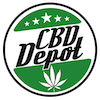Best Dermatologists & Skincare Clinics
Suffering from active acne in Egham, Surrey? Finding the right dermatologist or skincare clinic can be key to clearing your skin and boosting your confidence.
Fortunately, Egham boasts a number of reputable specialists dedicated to helping you achieve clear, healthy skin.
Recommended Products & Treatments
This area is renowned for its high-quality dermatology services. Many clinics offer personalized skincare consultations and advanced treatments tailored to your specific acne type and skin concerns.
Look for clinics that specialize in acne treatments using evidence-based therapies such as chemical peels, microdermabrasion, laser therapy, or prescription topical medications.
It’s important to consult with a qualified professional who can assess your individual needs and recommend the most effective products and treatments for you.
Blackheads & Whiteheads
Understanding the different types of acne is crucial for effective treatment.
- Blackheads
- Whiteheads
Both blackheads and whiteheads are considered comedones, which form when hair follicles become clogged with oil and dead skin cells. The difference lies in the visibility of the blockage.
Blackheads occur when the clogged follicle is open to the air, allowing melanin to oxidize and give the blemish its dark color.
Whiteheads, on the other hand, have a closed pore, trapping the oil and debris beneath the skin’s surface, resulting in a white or yellowish appearance.
Cystic Acne
Cystic acne is a severe form of acne that develops deep within the skin. It presents as painful, inflamed nodules or cysts filled with pus, often larger than typical pimples.
These lesions can be quite tender to the touch and may leave scarring if not treated properly.
Cystic acne typically requires more aggressive treatment compared to milder forms of acne, often involving a combination of prescription medications, topical therapies, and sometimes even oral antibiotics or isotretinoin.
Hormonal Acne
Hormonal acne, also known as adult acne, is caused by fluctuations in hormone levels. These fluctuations can occur during puberty, menstruation, pregnancy, or menopause.
Excess androgen hormones, like testosterone, stimulate the production of oil (sebum) in the skin’s sebaceous glands. This excess oil can clog pores, leading to breakouts.
Women are more susceptible to hormonal acne because their hormone levels fluctuate throughout their menstrual cycle.
Lifestyle Factors & Diet
While seeing a dermatologist is crucial for addressing active acne, certain lifestyle factors and dietary choices can also play a significant role in managing breakouts.
Maintaining good skincare hygiene practices is fundamental. This involves gently cleansing your face twice daily with a mild cleanser, avoiding harsh scrubbing, and removing makeup thoroughly before bedtime.
Managing stress effectively through techniques like exercise, yoga, or meditation can also be beneficial as stress can trigger hormonal fluctuations that contribute to acne.
Getting enough sleep allows your skin time to repair and regenerate. Aim for 7-9 hours of quality sleep each night.
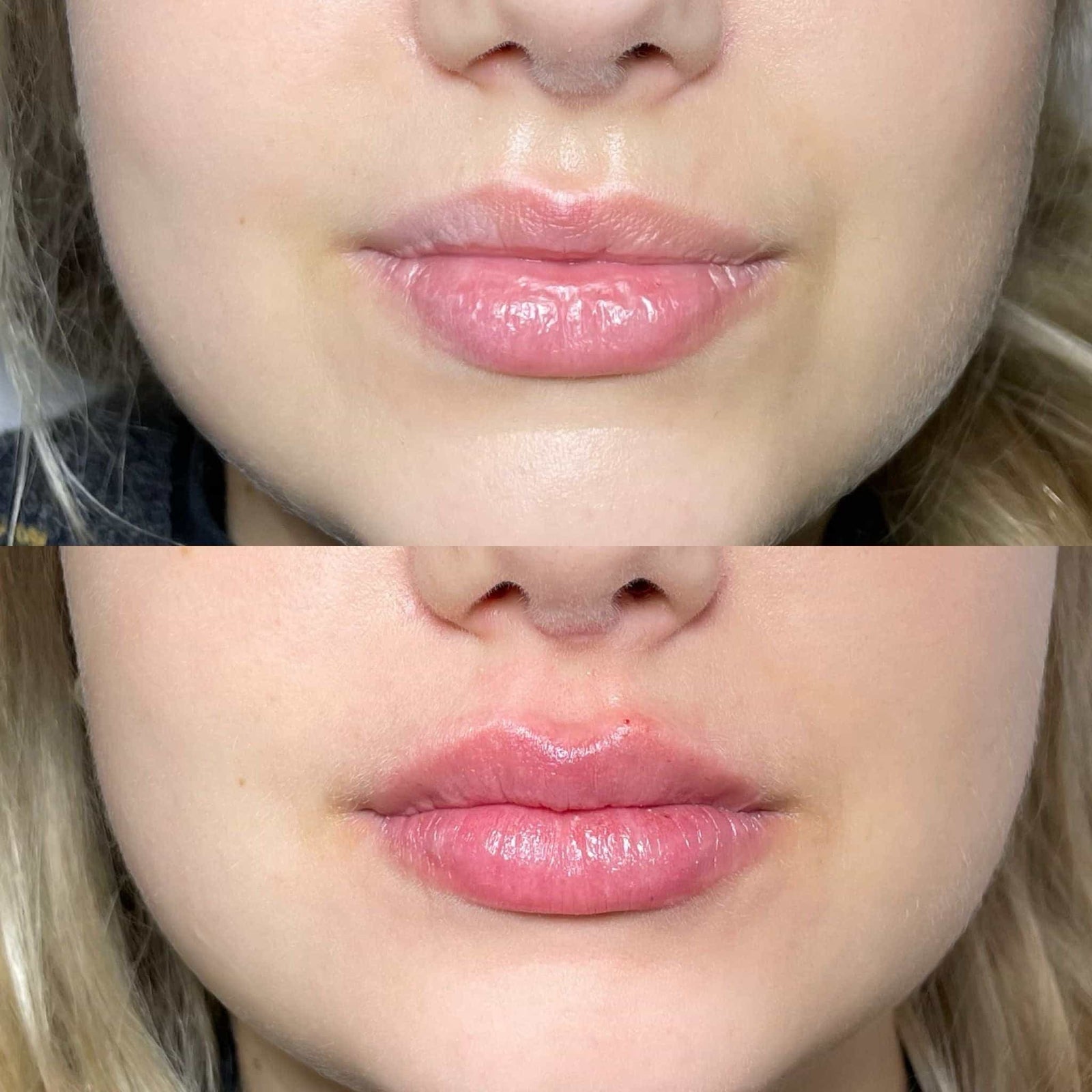
Consuming a balanced diet rich in fruits, vegetables, whole grains, and lean protein can provide essential nutrients for healthy skin while limiting processed foods, sugary drinks, and excessive dairy intake, which have been linked to increased acne.
Stress Management & Mental Wellness
Understanding the different types of acne is crucial for effective treatment.
- Blackheads
- Whiteheads
Both blackheads and whiteheads are considered comedones, which form when hair follicles become clogged with oil and dead skin cells. The difference lies in the visibility of the blockage.
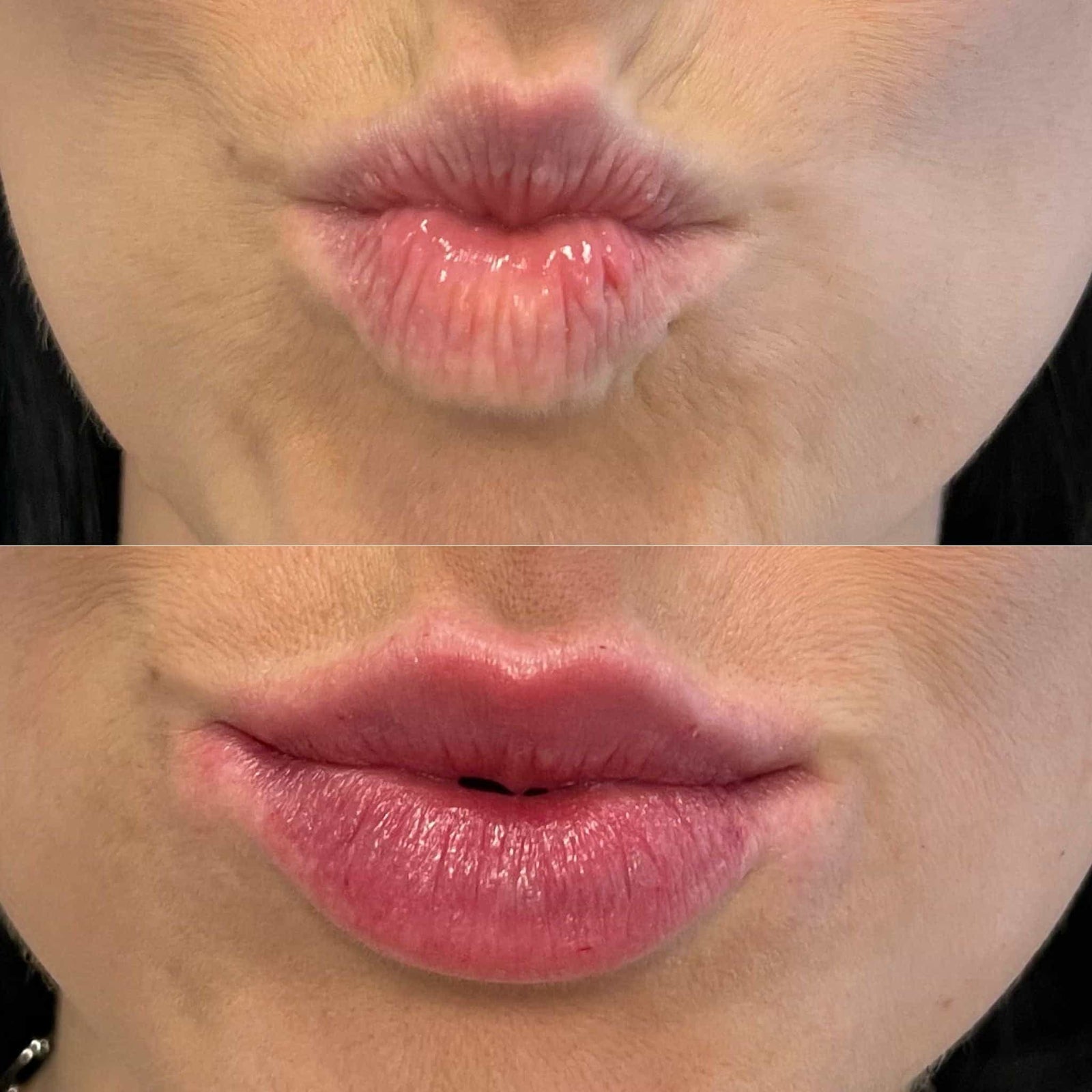
Blackheads occur when the clogged follicle is open to the air, allowing melanin to oxidize and give the blemish its dark color.
Whiteheads, on the other hand, have a closed pore, trapping the oil and debris beneath the skin’s surface, resulting in a white or yellowish appearance.
Cystic acne is a severe form of acne that develops deep within the skin. It presents as painful, inflamed nodules or cysts filled with pus, often larger than typical pimples.
These lesions can be quite tender to the touch and may leave scarring if not treated properly.
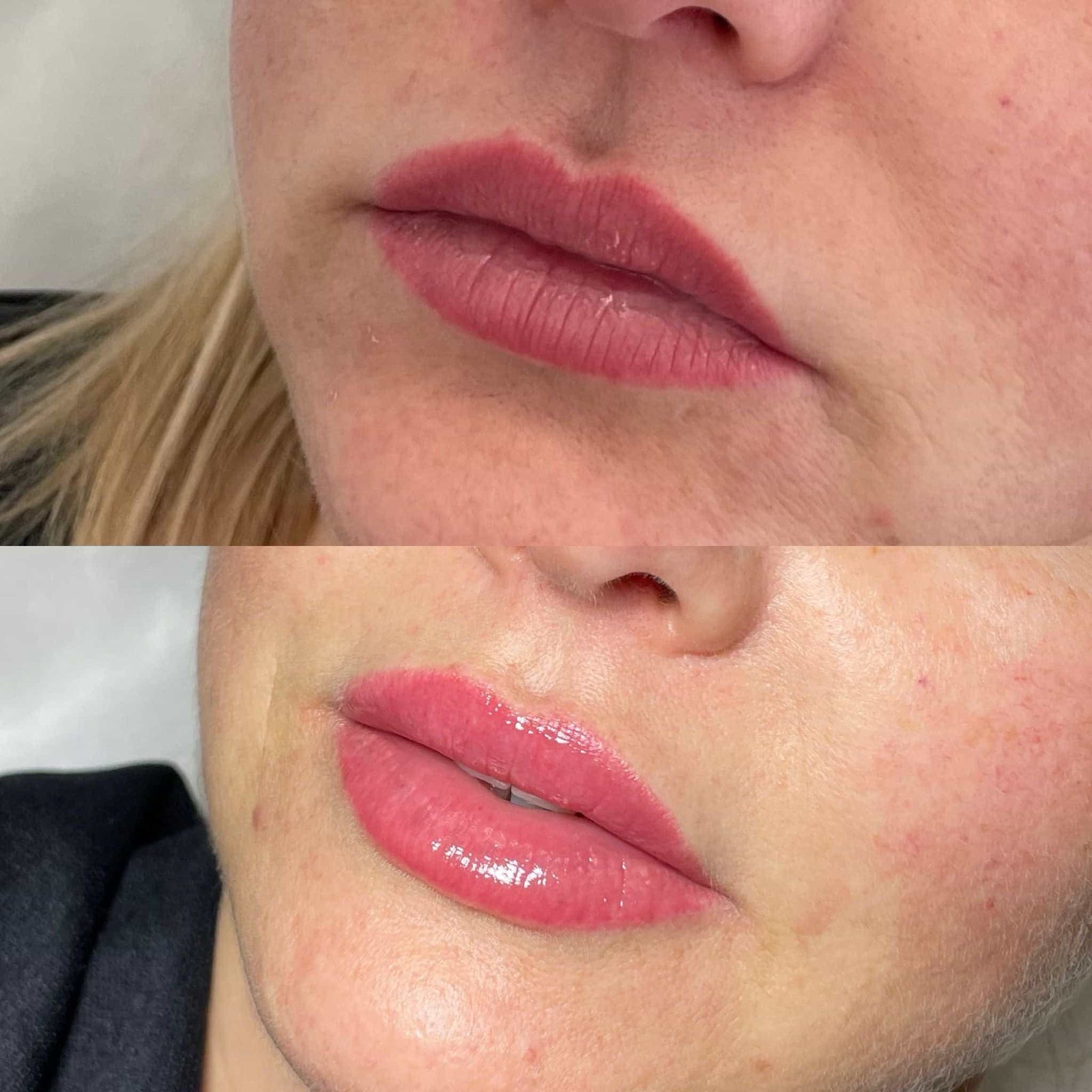
Cystic acne typically requires more aggressive treatment compared to milder forms of acne, often involving a combination of prescription medications, topical therapies, and sometimes even oral antibiotics or isotretinoin.
Hormonal acne, also known as adult acne, is caused by fluctuations in hormone levels. These fluctuations can occur during puberty, menstruation, pregnancy, or menopause.
Excess androgen hormones, like testosterone, stimulate the production of oil (sebum) in the skin’s sebaceous glands. This excess oil can clog pores, leading to breakouts.
Women are more susceptible to hormonal acne because their hormone levels fluctuate throughout their menstrual cycle.
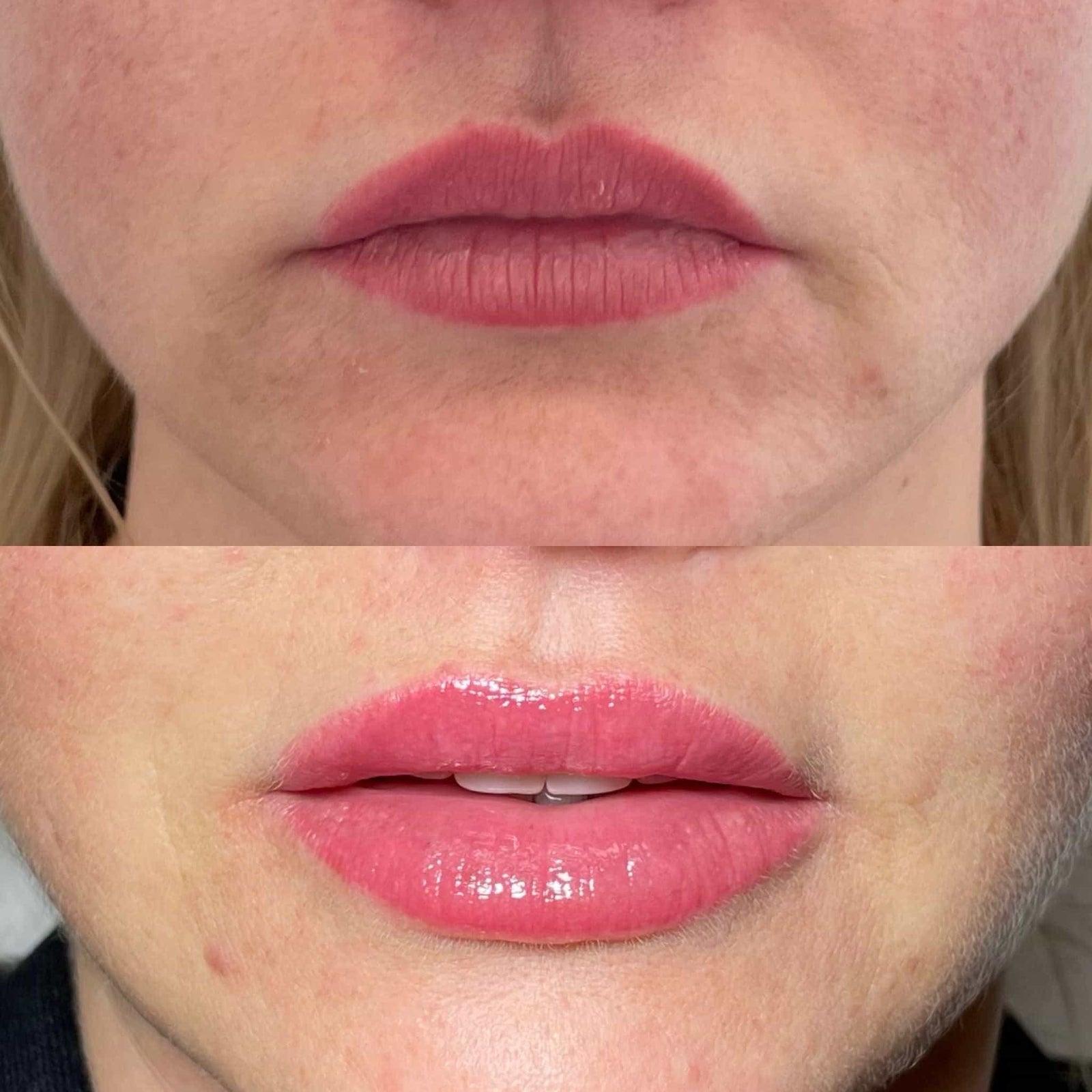
Consulting Options & Initial Assessments
Consulting with a dermatologist or skincare specialist is essential for effective treatment of active acne. During an initial assessment, the professional will analyze your skin type, acne severity, and medical history to determine the best course of action.
They may recommend various treatments tailored to your specific needs, such as:
- Chemical peels: These exfoliate the skin, removing dead skin cells and unclogging pores.
- Microdermabrasion: A minimally invasive procedure that uses fine crystals to gently resurface the skin.
- Laser therapy: Targeted laser beams can reduce inflammation, kill acne-causing bacteria, and stimulate collagen production.
- Prescription topical medications: Creams, gels, or lotions containing ingredients like retinoids, benzoyl peroxide, or antibiotics.
- Oral medications: In more severe cases, oral antibiotics or isotretinoin may be prescribed to control inflammation and reduce sebum production.
Be prepared to discuss your skincare routine, lifestyle habits, and any medications you are currently taking during the consultation. This information will help the dermatologist create a personalized treatment plan for your acne.
Reviews & Recommendations
Finding a reputable dermatologist or skincare clinic is crucial for addressing active acne in Egham, Surrey. Many clinics in the area specialize in acne treatments using evidence-based therapies like chemical peels, microdermabrasion, laser therapy, and prescription topical medications.
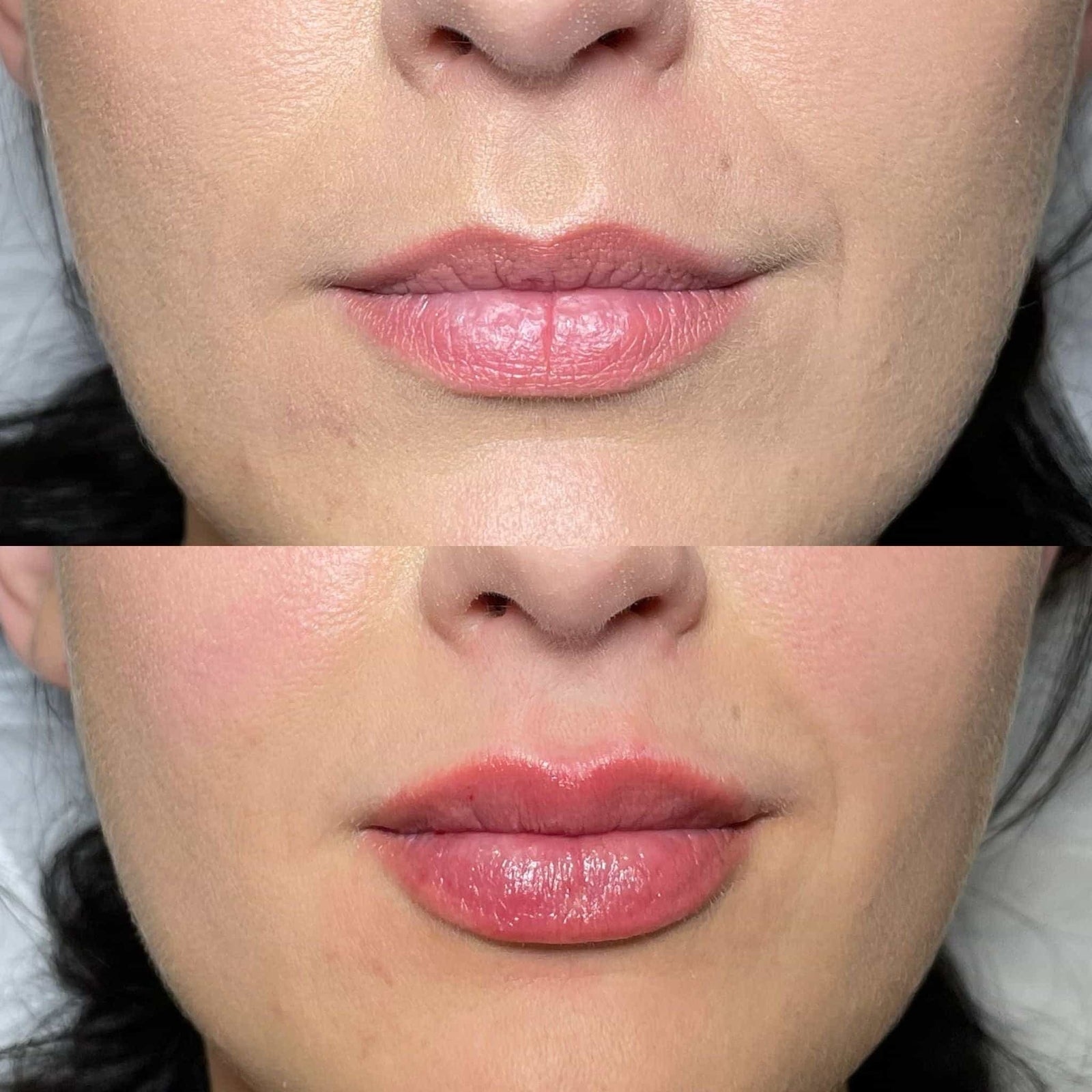
It’s important to consult with a qualified professional who can assess your individual needs and recommend the most effective products and treatments for you. Understanding different acne types is also crucial.
Blackheads and whiteheads are comedones, formed when hair follicles clog with oil and dead skin cells. Blackheads have open pores, allowing melanin oxidation, while whiteheads have closed pores, trapping the blockage beneath the skin. Cystic acne is a severe form, presenting as painful nodules or cysts deep within the skin. It often requires aggressive treatment involving prescription medications, topical therapies, and sometimes oral antibiotics or isotretinoin. Hormonal acne is triggered by fluctuating hormone levels, leading to excess sebum production that clogs pores. Women are more susceptible due to hormonal changes throughout their menstrual cycle.
While a dermatologist is essential for treating active acne, lifestyle factors can also play a role in managing breakouts. Good skincare hygiene, stress management through exercise or meditation, sufficient sleep (7-9 hours), and a balanced diet rich in fruits, vegetables, and lean protein are all beneficial. Limiting processed foods, sugary drinks, and excessive dairy intake may also help.
Transform your look with lip injections by Dr. Laura Geige at It’s Me & You Clinic
- Sculptra Surrey – Collagen Stimulation Therapy Near West Molesey, Surrey - October 26, 2025
- Redensity 1 Skin Booster Treatments Near Merton, Surrey - October 22, 2025
- Polynucleotides Injectables Near Witley, Surrey - October 20, 2025
